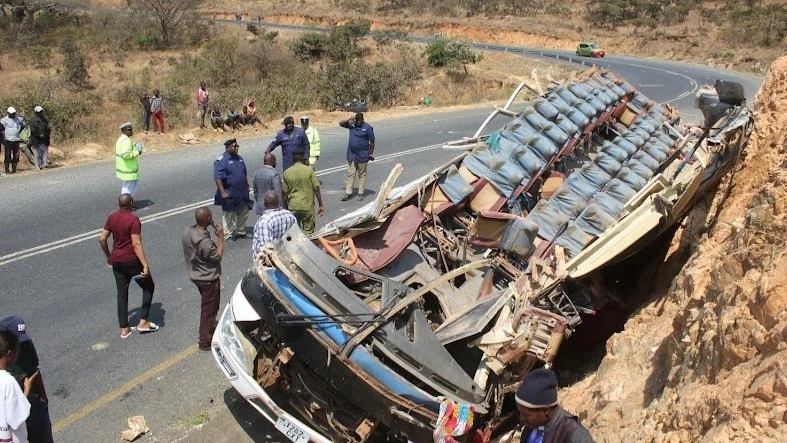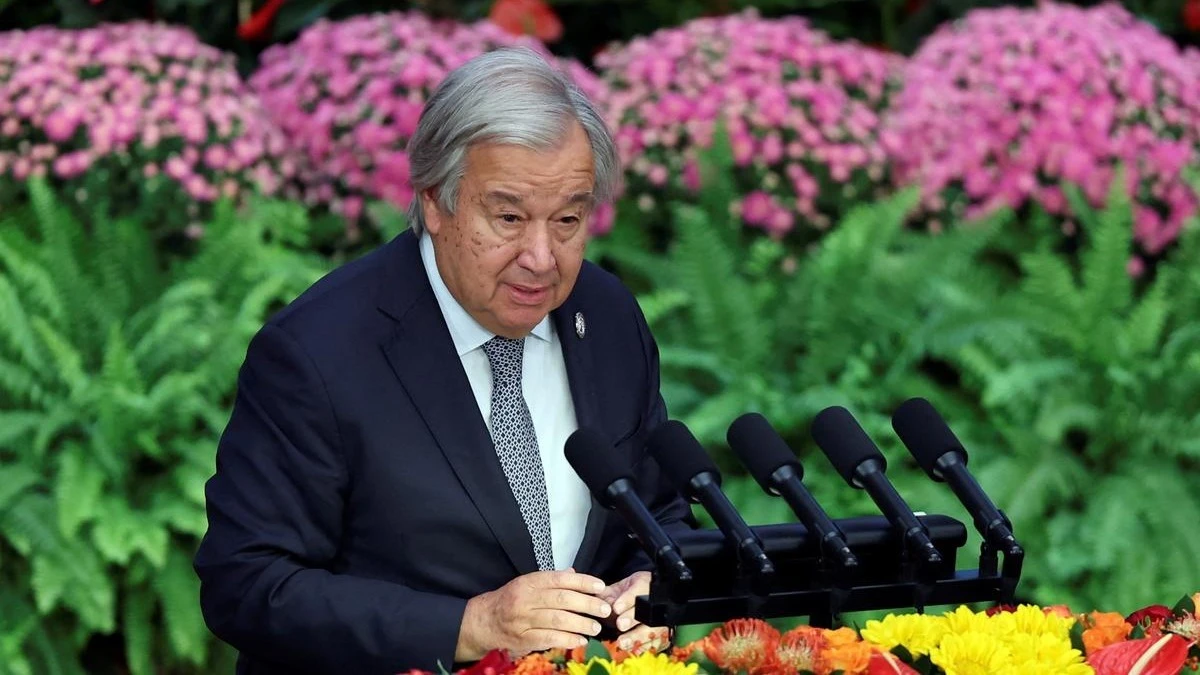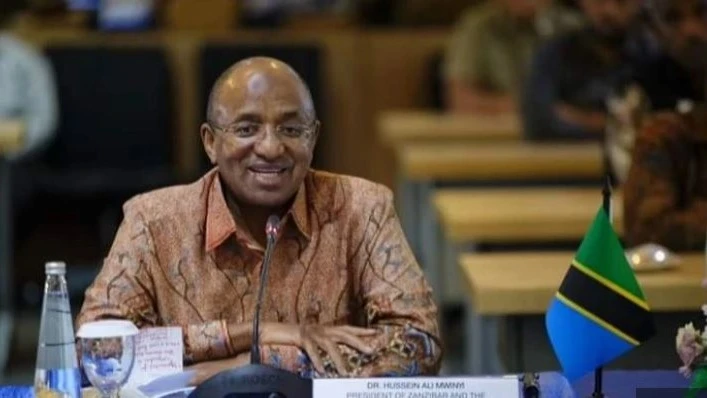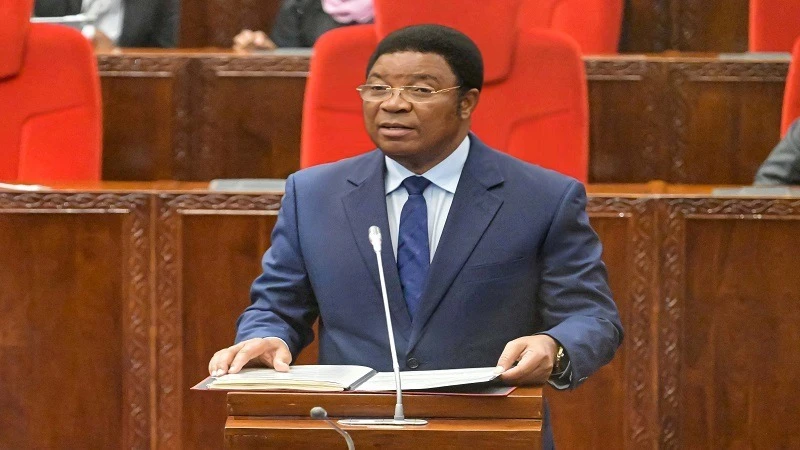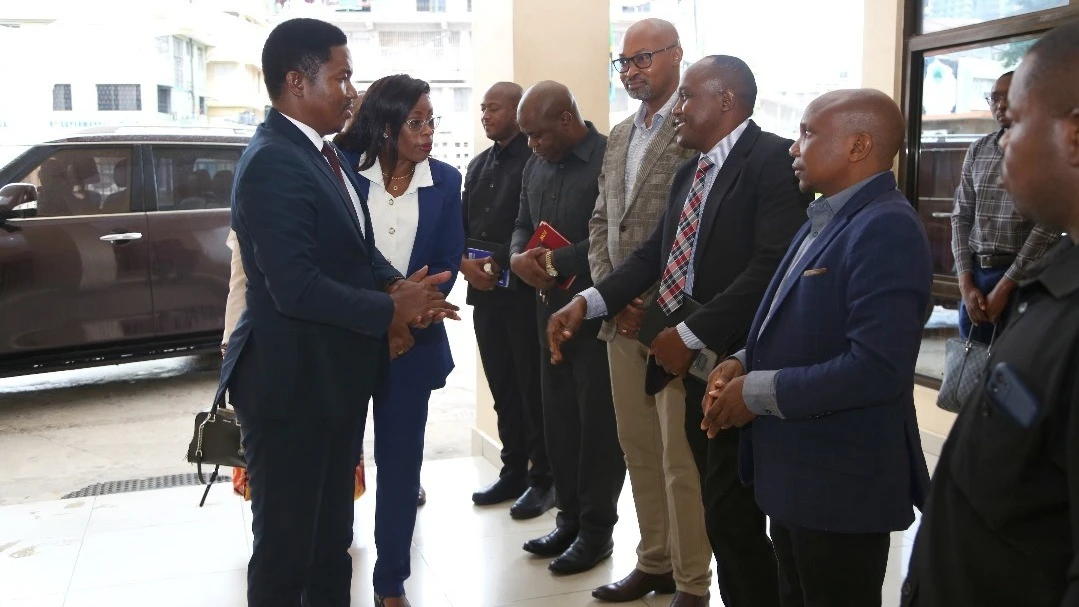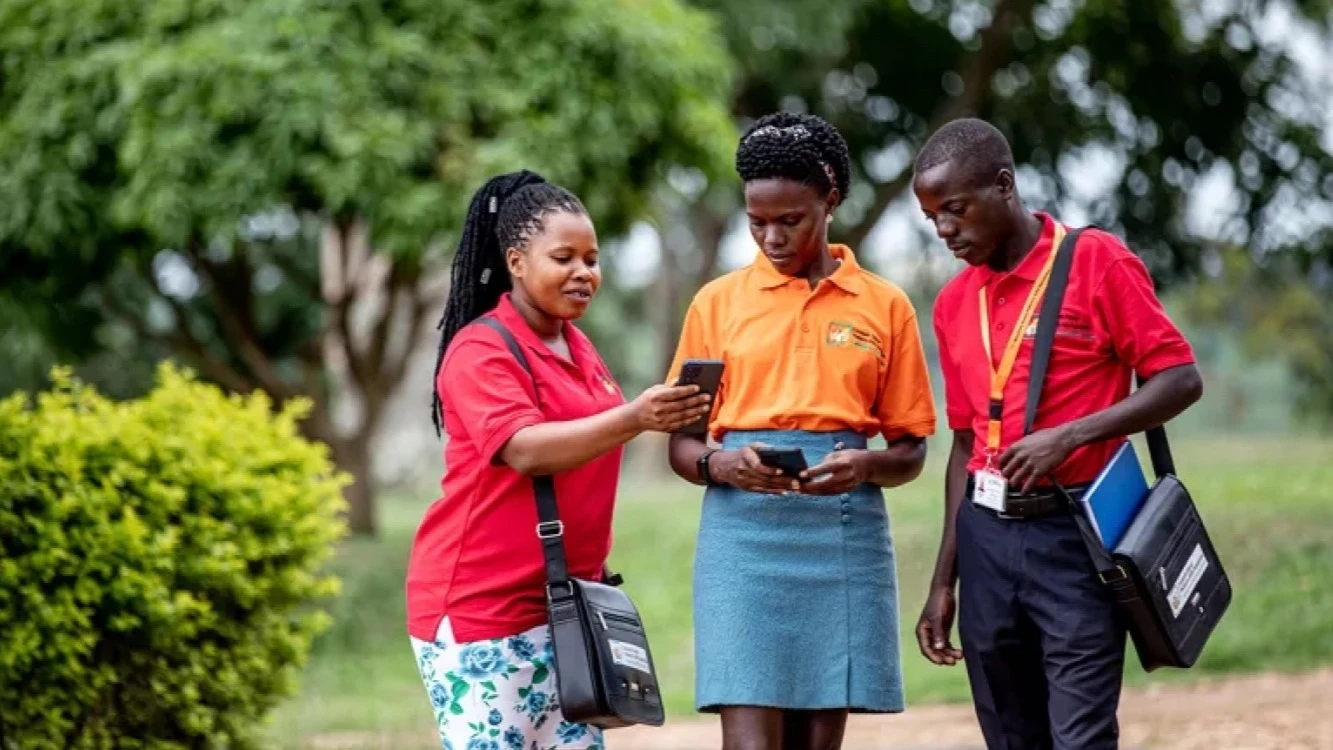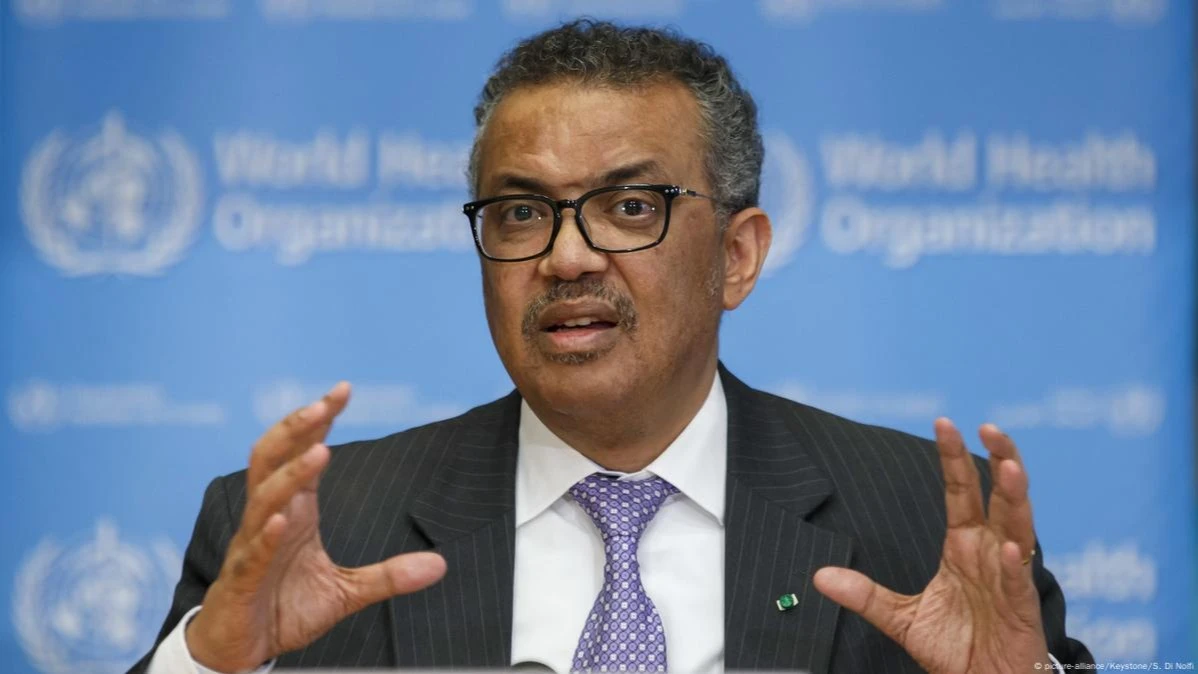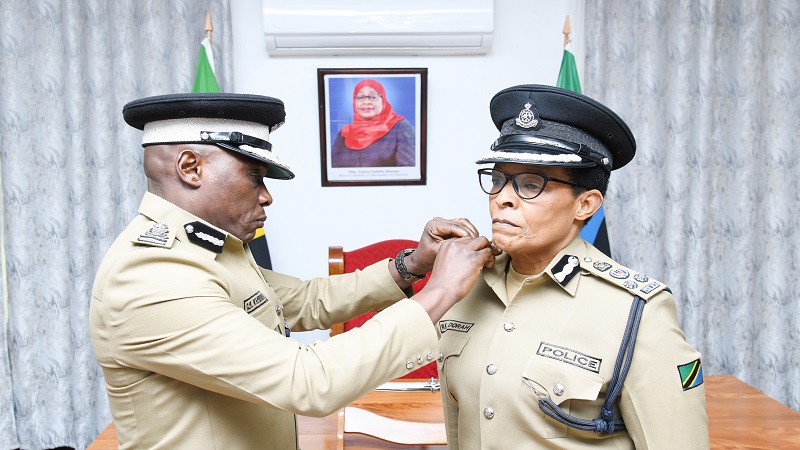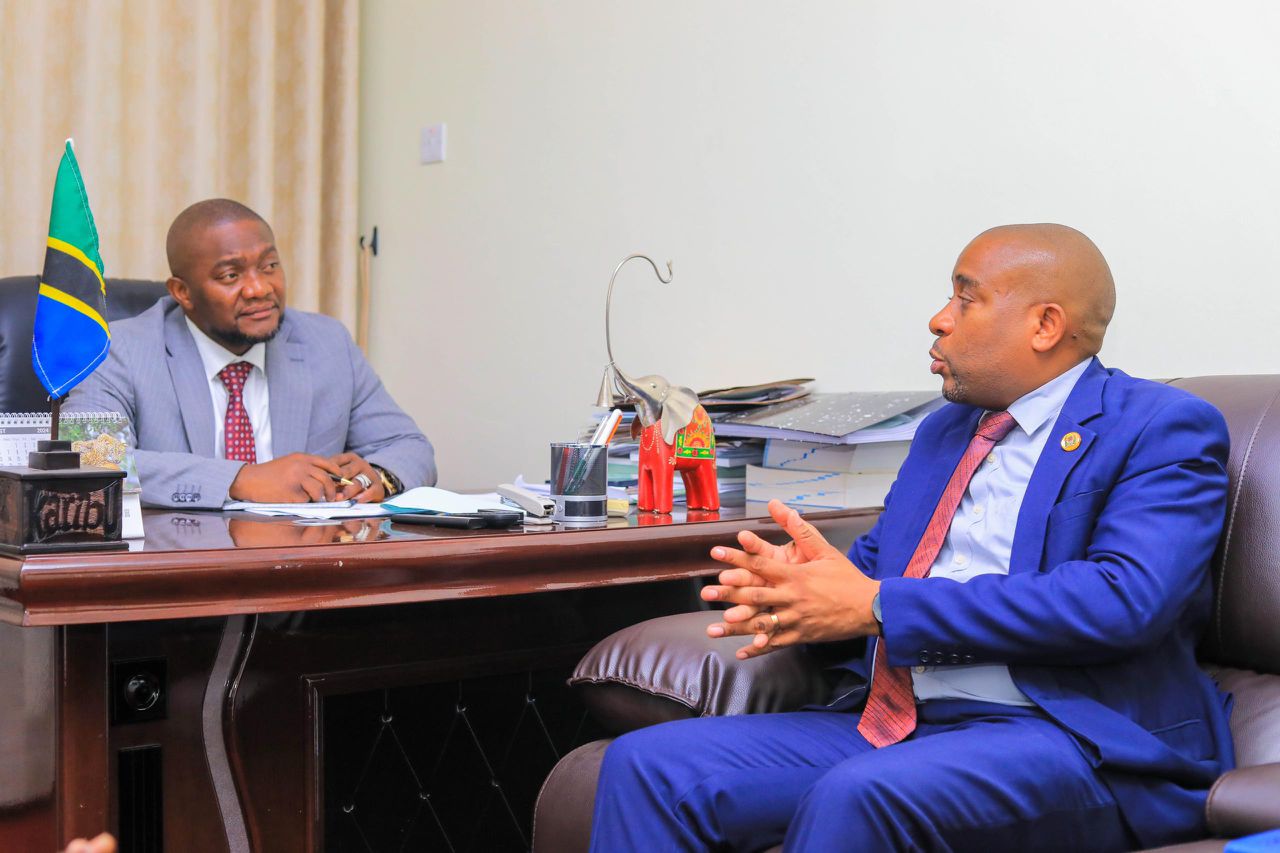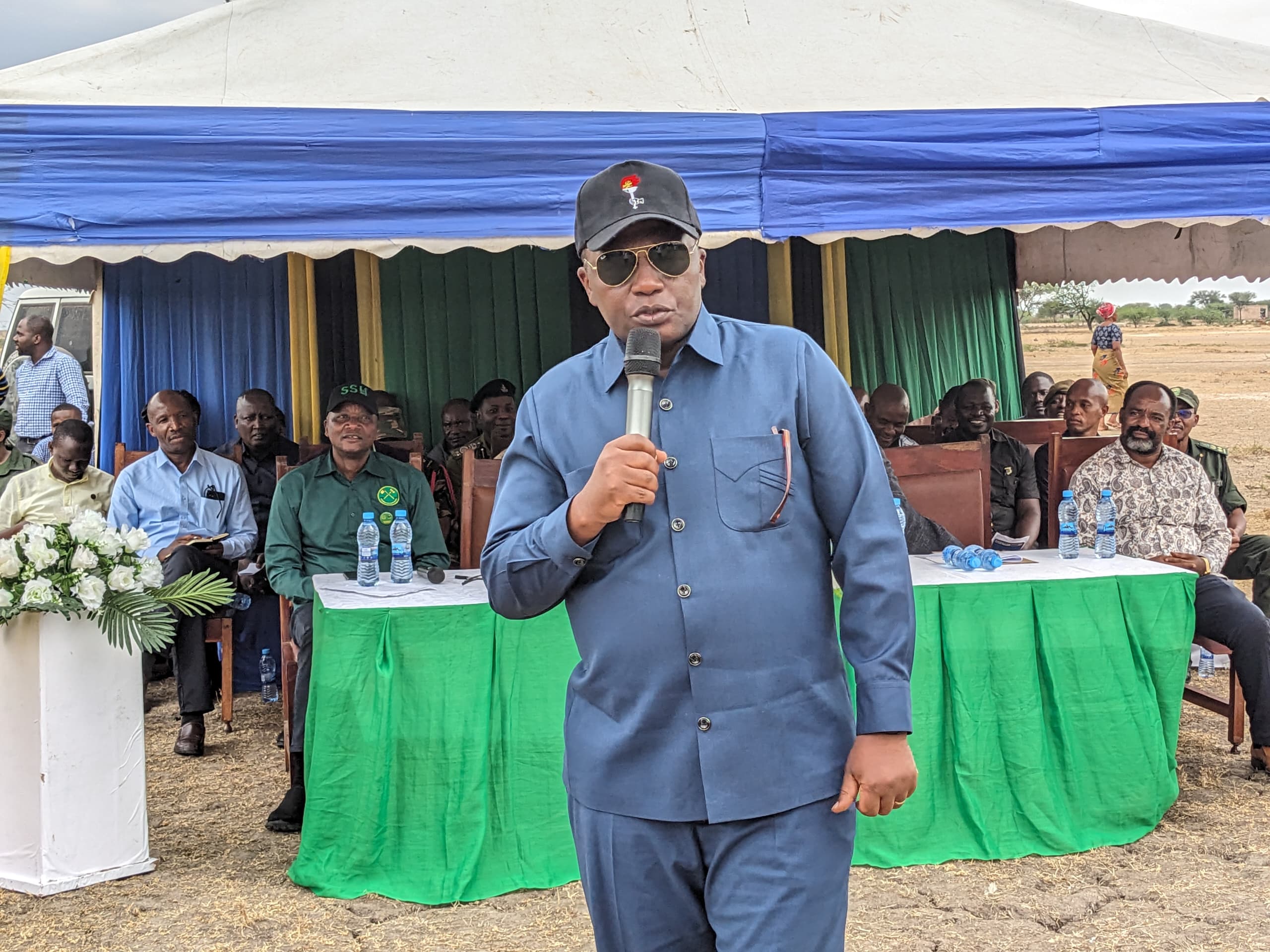Govt acknowledges stakeholders’ support to promote adult learning
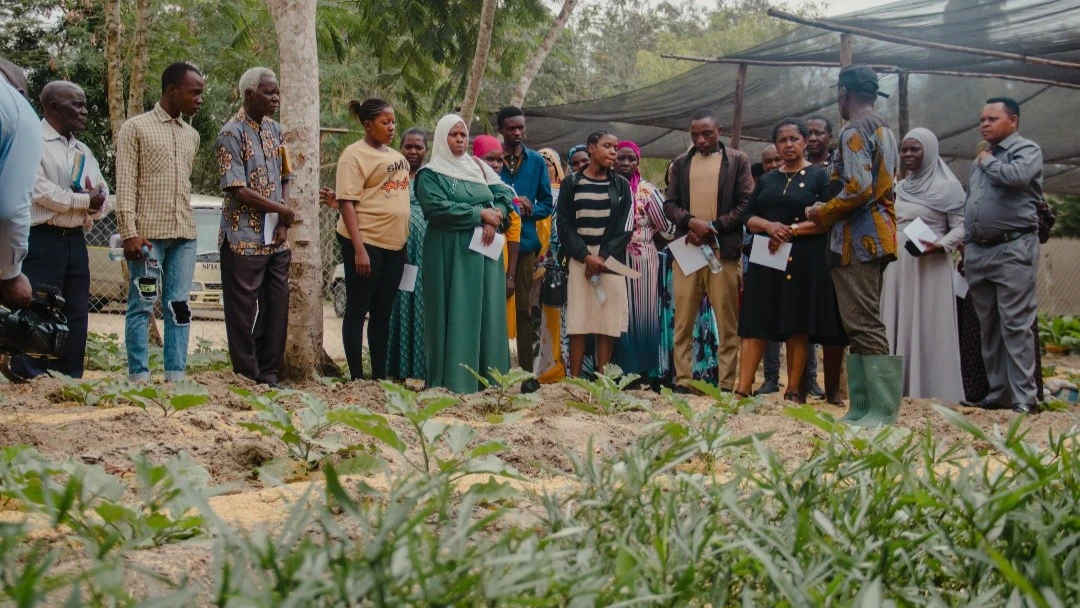
THE government has hailed the Germany-based Institute for International Cooperation of the ‘Deutscher Volkshochschul-Verband’ (DVV International) for its major efforts to help eradicate illiteracy and poverty among youth and adults in the country.
This comes after positive outcomes recorded at a Community Learning Centre (CLC) located in Kibaha District Council in Coast Region which has helped over 150 adults defeat illiteracy with support from the organisation.
Michael Ng’umbi, Director of the Institute of Adult Education (IAE) made the remarks over the weekend during a peer learning visit at Ruvu JKT Community Learning Centre of Mtambani Ward in Kibaha DC.
He said that in recent years, DVV International has invested efforts to construct CLCs which are located in Kisarawe District, Coast region as well as Dodoma region also benefiting hundreds of people in the society.
Ng’umbi noted that provision of alternative education is also vital in achieving the country’s goals of having a literate society.
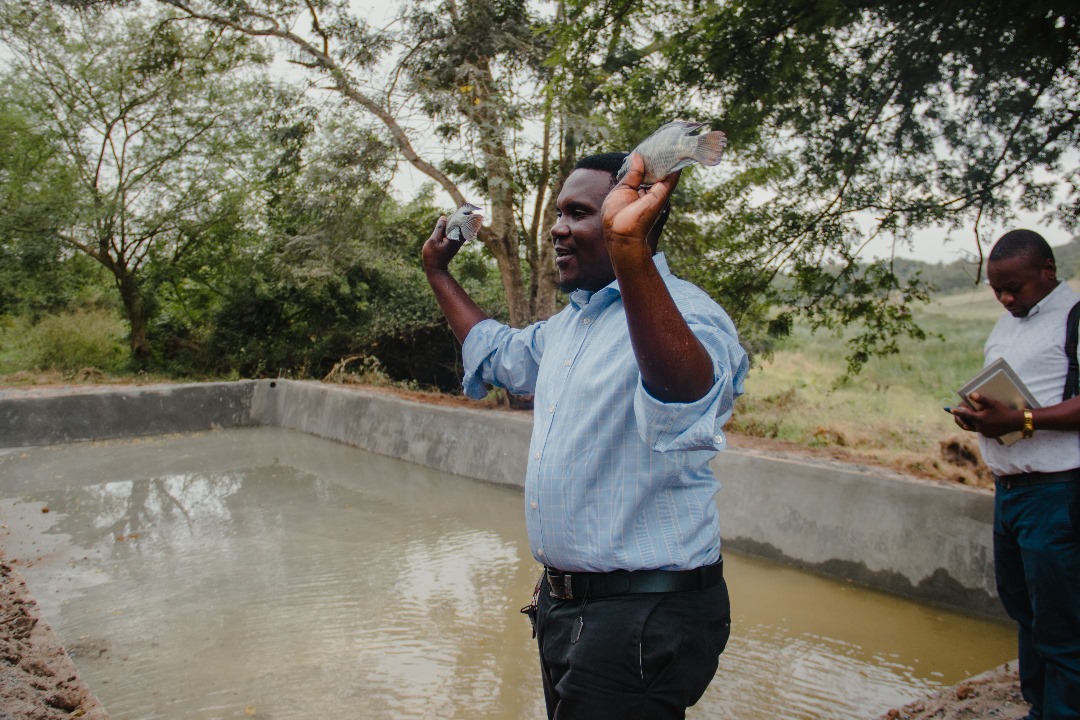
He further said that the institute is currently implementing a special five-year National Literacy and Mass Education Rolling Strategy which is expected to reach over five million people across Tanzania.
Ng’umbi said that the strategy has considered several reform measures and restructuring in order to effectively and efficiently deliver adult and non-formal education services in the country.
Frauke Heinze, DVV International Regional Director adult learning programmes can provide numerous opportunities and provide skills that can contribute to the country’s development and sustained livelihoods.
“DVV International is committed to revitalizing adult education in Tanzania, supporting the review and implementation of the Integrated Community-Based Adult Education (ICBAE) programme, and building the capacity of ALE partners in the country,” she said.
Heinze said the peer learning visit is a testament to the organisation's ongoing efforts to strengthen adult learning systems and support sustainable development in the region.
Matteo Mwita, capacity building advisor at DVV International said prior to the establishment of the Adult and Non-Formal Education (ANFE) project, the organisation conducted a comprehensive need assessment to ensure that the CLCs meet the specific needs of people.
He said to effectively implement integrated functional literacy in the centres, DVV International also invested on building the capacity of district adult education officers in the pilot districts for them to pass on their knowledge to community facilitators, who are responsible for training learner groups.
“With an increasing illiteracy rate of 18.2 percent (NBS, 2022) and a significant number of students discontinuing their education (329,918 in 2022 alone), DVV International, dedicated to the field of Adult Learning and Education (ALE), supporting the government to revitalize the ANFE sector since 2021,” he noted.
Martha Kayoka, facilitator at Ruvu JKT Community CLC said equipping populations with literacy greatly helps reduce poverty.
“A number of people turning to this area have benefited from literacy and numeracy skills as well as entrepreneurship, agriculture and fish keeping, livestock keeping, tailoring, making of batiks and other skills,” he said.
She said through the diverse entrepreneurship skills that the centre offers, most of the beneficiaries have managed to join groups and establish businesses which help improve their livelihoods.
Nuru John, one of the centre’s beneficiaries said that the programme has greatly assisted her to eradicate illiteracy as she was unable to read and write.
“Apart from knowing how to read and write I have also received life and entrepreneurship skills which have changed my life,” she said.
Top Headlines
© 2024 IPPMEDIA.COM. ALL RIGHTS RESERVED








![The CEO of Flightlink Limited Mr. Munawer Dhirani and DTB Tanzania CEO, Mr. Ravneet Chowdhury [center] during the unveiling ceremony of the 72-seater ATR 500 aircraft over the weekend. Other officials present at the function are Chief Operating Officer.](https://ippmedia.com/storage/post-feature-images/01J75Y6DM8PY93SGFZD4GYPXJ4.webp )
